
After the second pandemic year, clinicians and researchers alike seem determined to wrest control from the coronavirus in 2022 for good: Radiology departments reflect on their experiences from Covid-19 and adapt their routines, from patient and equipment management to imaging and medication strategies. Besides pandemic preparedness, strong hospital cybersecurity and development of smart devices are high on the list of New Year’s resolutions. Enjoy browsing!

Article • Pandemic management
Lessons learned from Covid-19 by a large hospital radiology department
When the coronavirus first struck in the US, hospitals in New York City were the first to feel the impact. Radiologists Professor Judy Yee, M.D., and Mark C. Liszewski, M.D., describe the lessons learned and talk about their firsthand experiences.
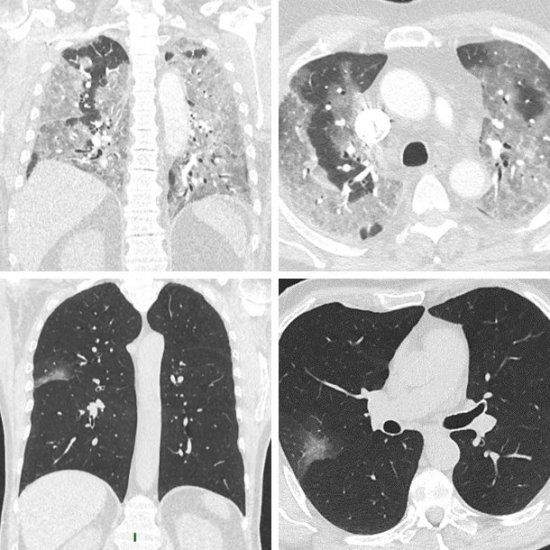 |
Article • Assessing infection severityCT score predicts Covid-19 death riskRadiologists in Paris have developed a standardised simple visual lung damage CT severity score for Covid-19 patients who do not have symptoms of severe acute respiratory syndrome (SARS) at the time of initial treatment. |
 |
Article • A potentially devastating impactCovid-19 alters antibiotic useThe long-term impact of the coronavirus pandemic on antimicrobial resistance remains difficult to predict. Infectious diseases consultant Professor Alison Holmes reflects on Covid-19's effect on antibiotic use in hospitals and beyond. |
 |
Article • Mending medication mismanagementAntibiotic resistance: Gaining back lost groundFor many years, antibiotic consumption in France was at an alarming level, resulting in a worryingly constant increase in antibiotic resistance However, a newly-enforced strict national plan appears to be having effect. |
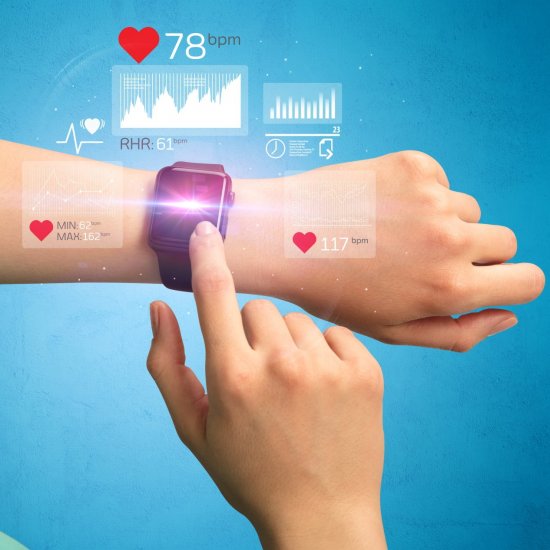 |
Article • Remote patient monitoringWearables must demonstrate efficacy in respiratory careWearables are a trend in respiratory care and many products are being developed to monitor patients remotely. But how much can these tools really help clinicians? An Italian expert discussed current solutions and challenges to their development. |
 |
Article • Underestimated riskCybersecurity threat to remote monitoring devicesRemote monitoring devices and pacemakers supporting patients with conditions such as heart failure could be vulnerable to cyberattack, according to a leading cardiology expert. |
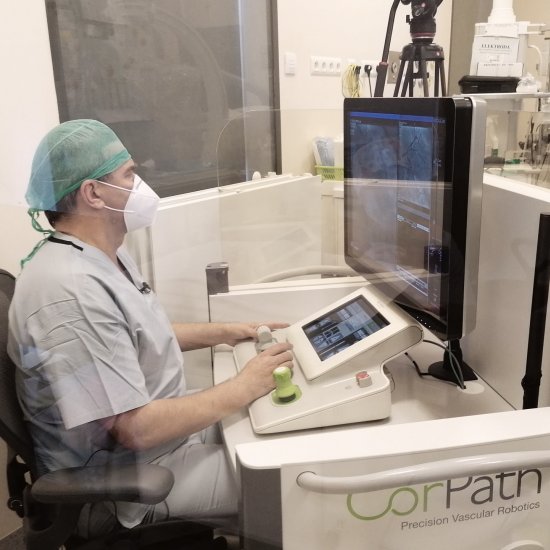 |
Article • Cardiology helpersA new era for robotic cardiac interventionsInterventional cardiology is entering a new era with the wider introduction of robotic procedures which bring significant benefits to the medical team and the patient. Two experts outlined the benefits at the ESC 2021 Digital Summit. |
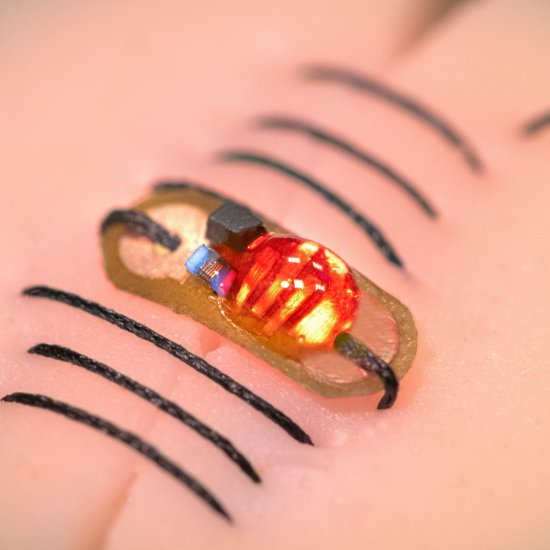 |
News • Monitoring after surgerySmart sutures to monitor deep surgical woundsTo detect wound complications as soon as they happen, a team of researchers has invented a smart suture that is battery-free and can wirelessly sense and transmit information from deep surgical sites. |
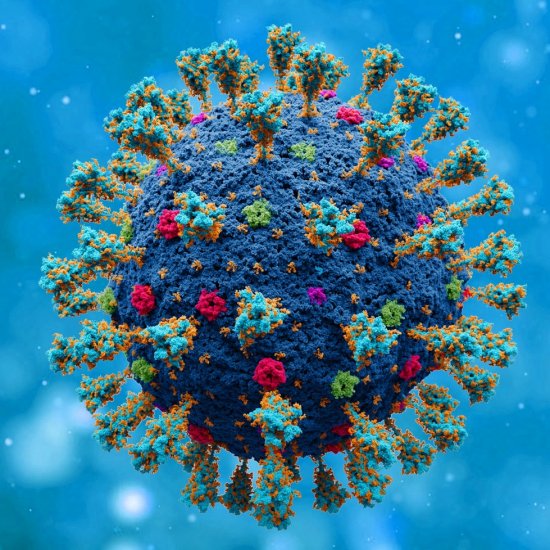 |
News • Coronavirus researchWhy Omicron may be more evasive, but less severeThe Omicron variant of SARS-CoV-2 may be significantly better at evading vaccine-induced antibodies – but preliminary evidence suggests it is less likely to cause severe illness in the lungs. |
You are receiving this email because you subscribed to our newsletter on healthcare-in-europe If you don’t want to receive this newsletter anymore, click here to unsubscribe. Keep up-to-date on the latest news from all hospital-related fields! Copyright © 2025 mgo fachverlage GmbH & Co. KG. E.-C.-Baumann-Straße 5, 95326 Kulmbach, Germany |